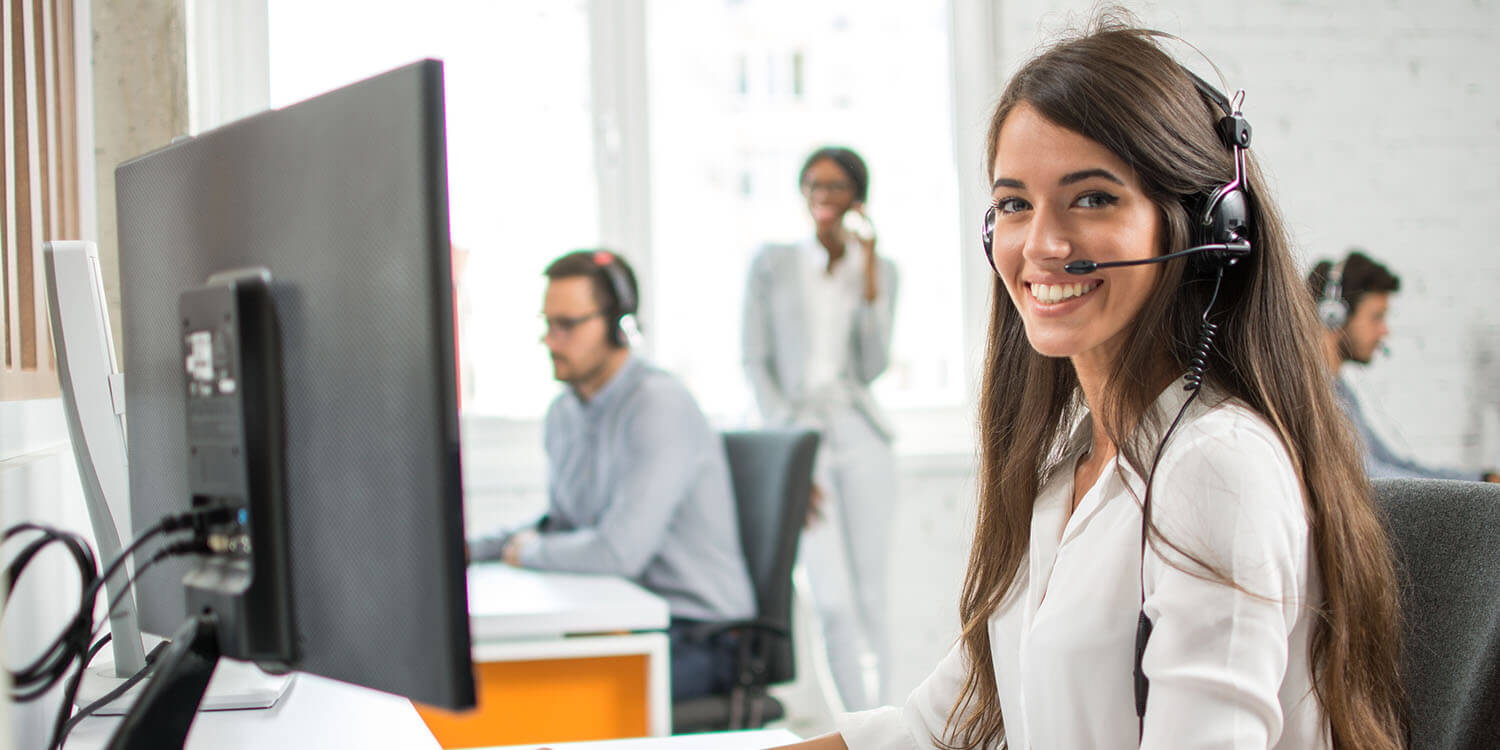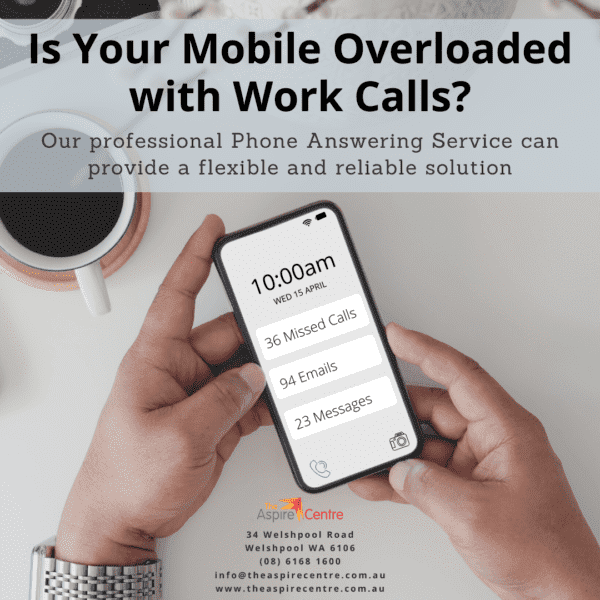All Categories
Featured
Table of Contents
What Is The Best Answering Machine To Get
This device and its successors were designed by Sava Jacobson, an electrical engineer with a private consulting organization. While early answering makers used magnetic tape technology, many modern-day equipment utilizes solid state memory storage; some gadgets use a combination of both, with a solid-state circuit for the outgoing message and a cassette for the inbound messages.
"toll conserving" below) (telephone answering service). This works if the owner is screening calls and does not wish to speak to all callers. In any case after going, the calling celebration should be informed about the call having actually been answered (in many cases this starts the charging), either by some remark of the operator, or by some greeting message of the little, or resolved to non-human callers (e.
This holds particularly for the TADs with digitally stored welcoming messages or for earlier machines (before the rise of microcassettes) with a special limitless loop tape, separate from a 2nd cassette, devoted to recording. There have been answer-only gadgets with no recording capabilities, where the welcoming message needed to inform callers of a state of present unattainability, or e (answering service).
What Is The Best Melbourne Telephone Answering Service : Virtual Reception For Your Money

about availability hours. In recording Littles the greeting generally includes an invite to leave a message "after the beep". An answering device that uses a microcassette to tape-record messages On a dual-cassette answerphone, there is an outgoing cassette, which after the defined number of rings plays a pre-recorded message to the caller.

Single-cassette answering makers consist of the outbound message at the start of the tape and incoming messages on the staying space. They initially play the announcement, then fast-forward to the next readily available space for recording, then tape the caller's message. If there are numerous previous messages, fast-forwarding through them can cause a significant delay.
This beep is frequently described in the greeting message, requesting that the caller leave a message "after the beep". TADs with digital storage for the tape-recorded messages do disappoint this hold-up, obviously. A little may use a push-button control facility, where the answerphone owner can call the home number and, by going into a code on the remote telephone's keypad, can listen to taped messages, or delete them, even when away from house.
What Is The Best What Is An Answering Service? Deal

Consequently the device increases the number of rings after which it addresses the call (generally by two, leading to four rings), if no unread messages are presently stored, but responses after the set variety of rings (generally 2) if there are unread messages. This allows the owner to learn whether there are messages waiting; if there are none, the owner can hang up the phone on the, e.
Some makers likewise permit themselves to be from another location triggered, if they have actually been turned off, by calling and letting the phone ring a specific big number of times (typically 10-15). Some company abandon calls already after a smaller number of rings, making remote activation difficult. In the early days of Littles an unique transmitter for DTMF tones (dual-tone multi-frequency signalling) was regionally required for remote control, given that the previously used pulse dialling is not apt to convey appropriate signalling along an active connection, and the dual-tone multi-frequency signalling was carried out stepwise.
Any incoming call is not identifiable with regard to these properties in advance of going "off hook" by the terminal equipment. So after going off hook the calls need to be changed to proper devices and only the voice-type is right away accessible to a human, however maybe, nevertheless ought to be routed to a LITTLE BIT (e.
What Is The Best What Is An Answering Service? The Ultimate Guide - Cms Service In My Area?
What if I informed you that you do not have to actually get your device when answering a consumer call? Another person will. So convenient, best? Answering phone calls does not need someone to be on the other end of the line. Efficient automated phone systems can do the technique just as efficiently as a live agent and in some cases even better.
An automatic answering service or interactive voice response system is a phone system that communicates with callers without a live person on the line - local phone answering service. When companies utilize this technology, clients can get the answer to a concern about your company simply by utilizing interactions set up on a pre-programmed call circulation.
Although live operators update the client service experience, numerous calls do not need human interaction. A simple taped message or guidelines on how a consumer can recover a piece of details typically solves a caller's immediate requirement - answering service. Automated answering services are an easy and reliable way to direct incoming calls to the ideal person.
Who Is The Best Automated Answering Service, Better Known As Interactive ...
Notification that when you call a business, either for support or product inquiry, the very first thing you will hear is a pre-recorded voice greeting and a series of choices like press 1 for consumer service, press 2 for inquiries, and so on. The pre-recorded choices branch out to other options depending on the customer's choice.
The phone tree system assists direct callers to the right person or department using the keypad on a cellphone. In some instances, callers can use their voices. It deserves noting that auto-attendant choices aren't restricted to the ten numbers on a phone's keypad. When the caller has actually chosen their very first alternative, you can design a multi-level auto-attendant that uses sub-menus to direct the caller to the right sort of help.
The caller does not need to communicate with an individual if the auto-attendant phone system can manage their issue. The automated service can path callers to a worker if they reach a "dead end" and require support from a live representative. It is costly to employ an operator or executive assistant.
What Is The Best Your Virtual Receptionist: Phone Answering Services Out There
Automated answering services, on the other hand, are considerably less costly and supply substantial expense savings at an average of $200-$420/month. Even if you do not have actually committed staff to deal with call routing and management, an automatic answering service enhances performance by permitting your team to focus on their strengths so they can more efficiently invest their time on the phone.
A sales lead routed to client service is a lost shot. If a client who has product concerns reaches the incorrect department or receives incomplete responses from well-meaning staff members who are less trained to handle a particular type of concern, it can be a reason for disappointment and discontentment. An automatic answering system can lessen the number of misrouted calls, therefore assisting your employees make better use of their phone time while maximizing time in their calendar for other jobs.
With Automated Answering Systems, you can create a tailored experience for both your staff and your callers. Make a recording of your main greeting, and simply upgrade it frequently to show what is going on in your company. You can produce as lots of departments or menu choices as you desire.
Latest Posts
Virtual Reception Solutions Near Me
Reputable Custom Phone Answering – Australia 2060
Eco-Friendly Medical Answering Service Near Me – NT